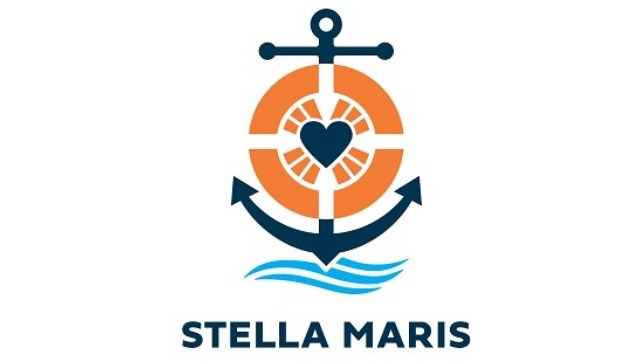Stella Maris Survey Reveals Impact of Covid-19 on Seafarers

Putting food on the table, paying household bills and loans and ensuring job security are among the top concerns faced by seafarers as they cope with the impact that Covid-19 ?is having on their lives and that of their families.
A recent survey conducted by global maritime charity Stella Maris showed that such financial worries have had a profound impact on seafarers, with 69% saying that Covid- 19 has impacted them financially “a lot” or “very much”.
Seafarers also said the pandemic has had a significant impact on their emotional, mental, physical and psychological wellbeing.
A total of 363 seafarers ranging from deck officers to ABs and engine crew responded to Stella Maris’ questionnaire, the majority being from the Philippines.
Providing food for extended family members was the most urgent need, and it will be even more pressing in the next few months when emergency relief goods stop being provided, and personal savings deplete.
Paying for school uniforms, supplies and tuition fees was also identified as being critical over the next few months as schools start to reopen.
The survey revealed that the cost of putting food on the table was between US $200 to US $400 a month depending on the number of people in a seafarer’s extended family, while it cost about US$200 a month for school uniforms and supplies. Around 40% of respondents were forking out US$400 a month to repay loans taken out to buy property or vehicles.
Asked what their most urgent need would be in the next six months to a year, the majority of seafarers said it was to secure a new contract and go back to work.
Stella Maris global coordinator Fr Bruno Ciceri who commissioned the report said, “Being on the frontline in ports, our chaplains and volunteers realised straightaway the very real and immediate impact the pandemic is having upon seafarers and fishers with no source of income and stranded in foreign nations or even in their own country.
“With many ports locked down, and seafarers not allowed to go ashore, Stella Maris chaplains and volunteers changed the way we work moving to “virtual chaplaincy” and, where it is still possible, from visiting ships to carrying out “gangway visits” providing care packages and support to crews,” he said.
As countries move on from the initial phase of the pandemic, Stella Maris is beginning to see a new wave of issues affecting seafarers. In particular, there are increasing concerns around mid-to long-term financial, physical and mental health.
The charity is also being made aware of stigma and fear surrounding seafarers when they return home to rural communities in Southern Asia, that they are ‘bringing the disease with them’ and being treated as pariahs, leading to distress, fear and depression for them and their families.
Fr Ciceri added that Stella Maris is now formulating an action plan based on the survey’s responses so its global network can provide the appropriate welfare and pastoral support to seafarers, fishers and their families.
“As the situation continues to evolve, Stella Maris seeks to work with all partners trying to support these developing needs of the seafarer, and ensure that they are not adversely or unfairly treated through their service to others through this pandemic”.
The products and services herein described in this press release are not endorsed by The Maritime Executive.

